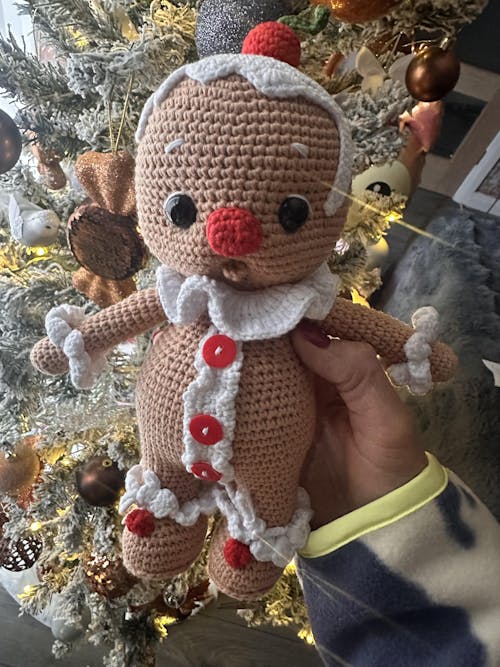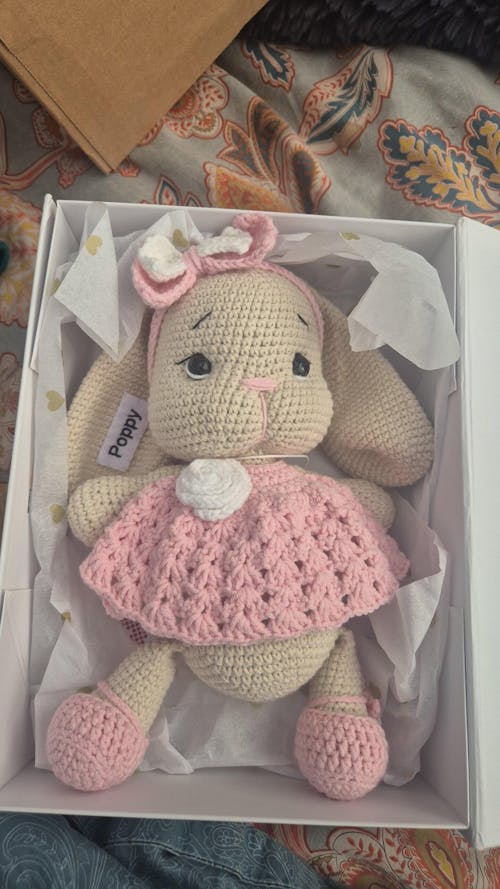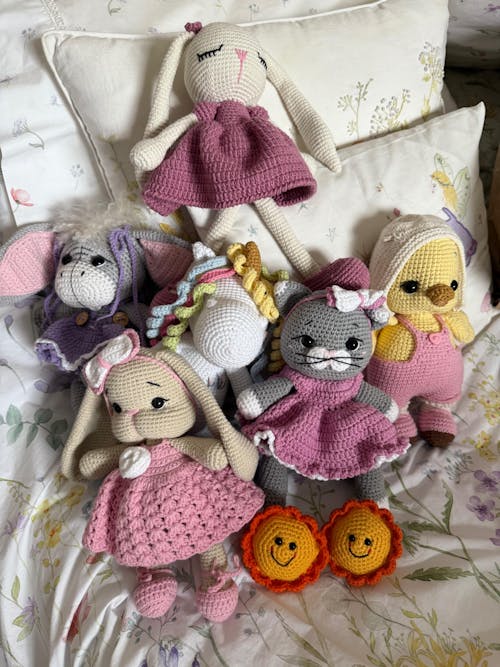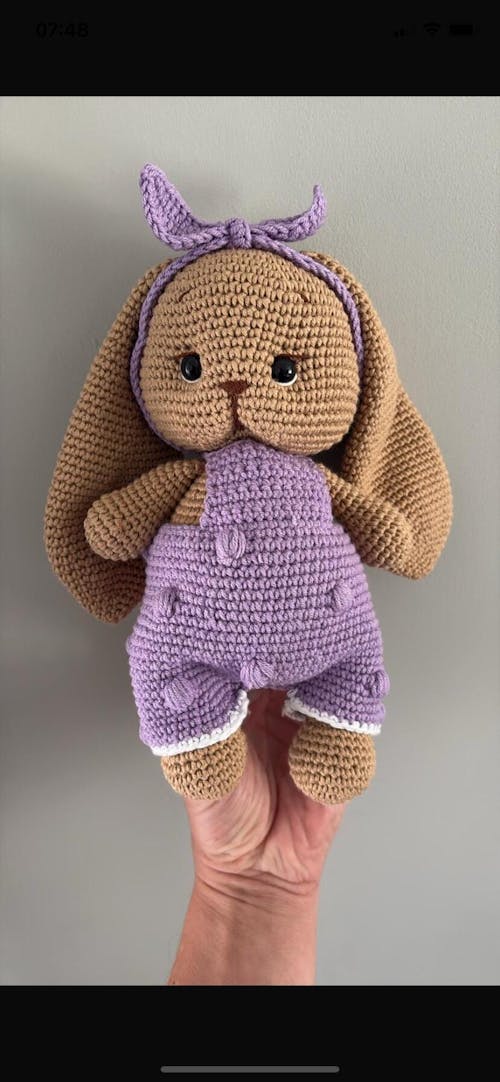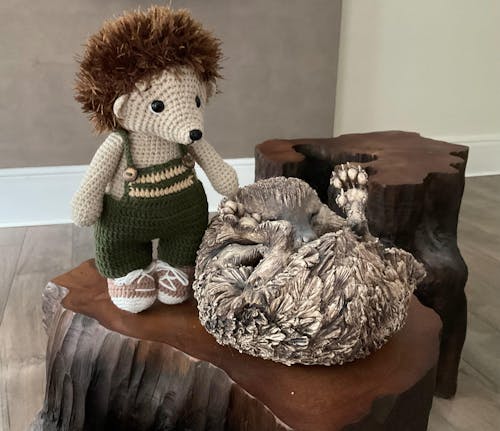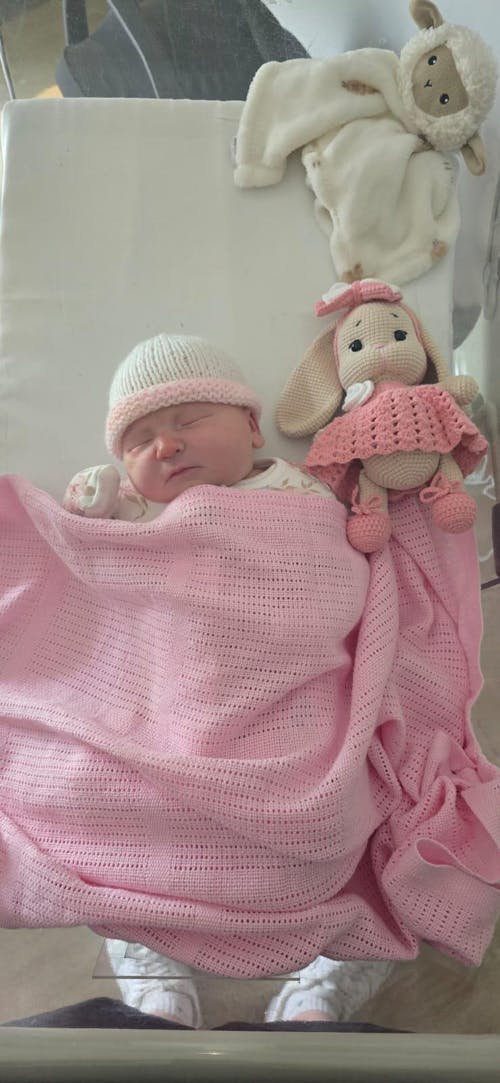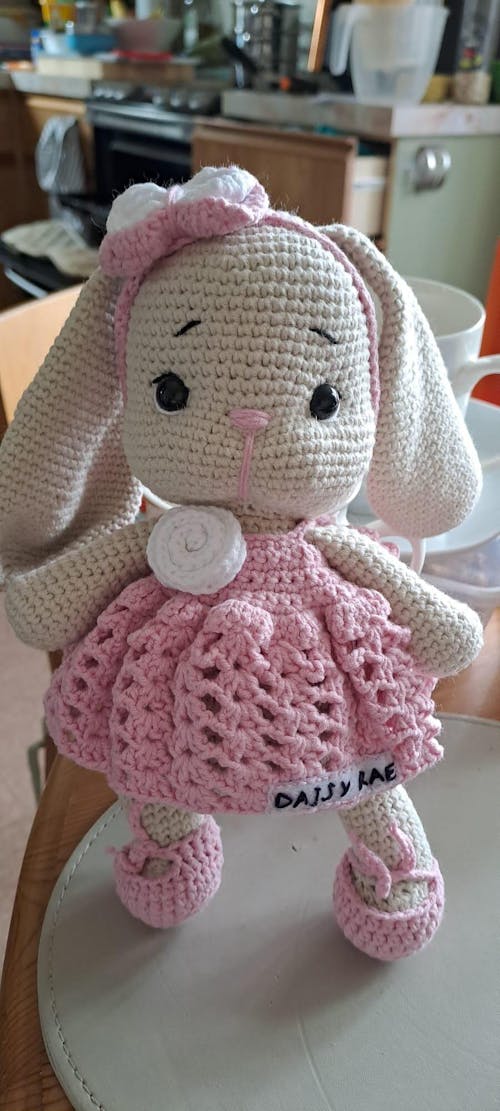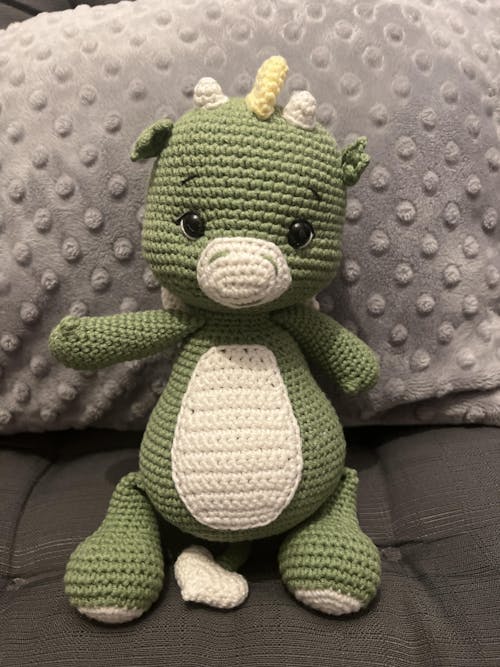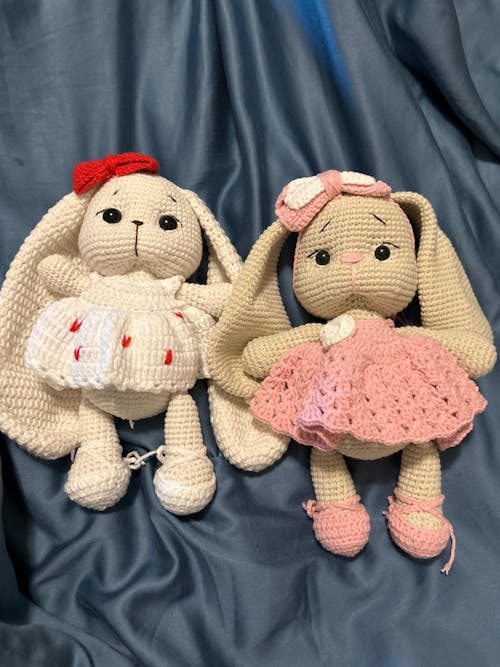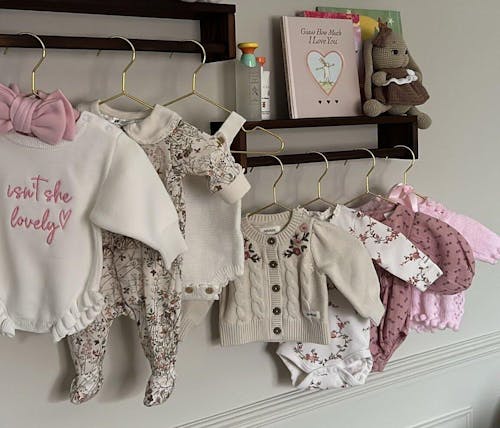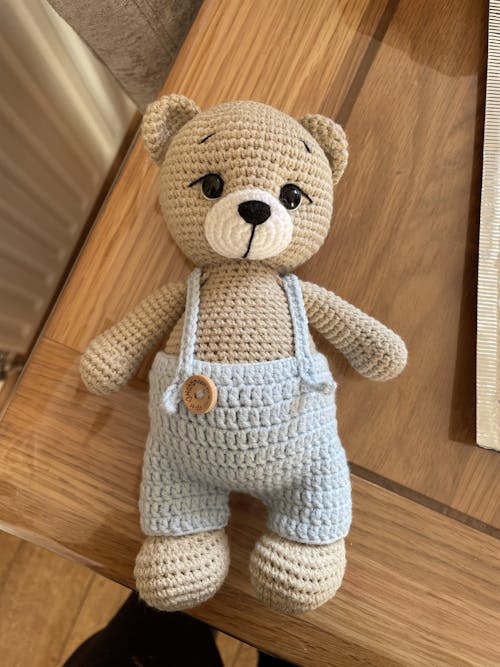Crochet Planner: How to Organize Your Free Patterns and Projects
Share
Crochet enthusiasts often find themselves with a growing collection of patterns and ongoing projects. Keeping track of everything can be challenging without a well-organized system. A crochet planner is the perfect tool to streamline your crafting process and ensure you never lose track of your favorite patterns and projects again. Here’s how you can create and utilize a crochet planner effectively:
1. Choosing Your Planner
First, select a planner that suits your style and needs. It could be a physical notebook, a digital app, or even a customized binder. Consider factors like size, layout, and whether you prefer something portable or desktop-based.
2. Sections and Categories
Divide your planner into sections to keep things organized. Common sections include:
- Project Pages: Dedicate a page or section to each project. Include details like pattern name, yarn used, hook size, and any modifications you’ve made.
- Pattern Collection: Have a section where you list all your favorite free patterns. Include links or printouts for quick reference.
- Yarn Inventory: Keep track of your yarn stash, including colors, quantities, and project ideas.
3. Monthly and Weekly Planning
Use monthly and weekly spreads to plan your crochet time effectively:
- Monthly Goals: Set achievable goals for each month. This could be finishing a certain number of projects, learning a new stitch, or organizing your yarn stash.
- Weekly To-Do Lists: Break down your monthly goals into weekly tasks. This helps you stay focused and motivated throughout the month.
4. Tracking Progress
Regularly update your planner to track your progress:
- Project Updates: Note down any progress made on each project, including start and finish dates.
- Skill Development: Record new techniques or stitches you’ve mastered.
5. Inspiration and Ideas
Use your planner to capture inspiration and new ideas:
- Design Sketches: Sketch out your own design ideas or modifications to existing patterns.
- Pattern Notes: Jot down ideas for future projects or adaptations of existing patterns.
6. Tips and Tricks
Share crochet tips and tricks you’ve learned along the way:
- Organization Hacks: How to store your yarn and tools efficiently.
- Time Management: Tips for balancing crochet with other commitments.
7. Review and Reflect
Regularly review your planner to reflect on your crochet journey:
- Achievements: Celebrate completed projects and skills mastered.
- Future Goals: Set new goals based on your progress and evolving interests.
Conclusion
A crochet planner is more than just a notebook; it’s your crafting companion. By organizing your free patterns and projects effectively, you’ll find more joy in your crochet journey and feel empowered to tackle new challenges. Whether you’re a beginner or seasoned crocheter, investing in a crochet planner can enhance your creativity and productivity.
Start planning today and watch your crochet projects flourish!

